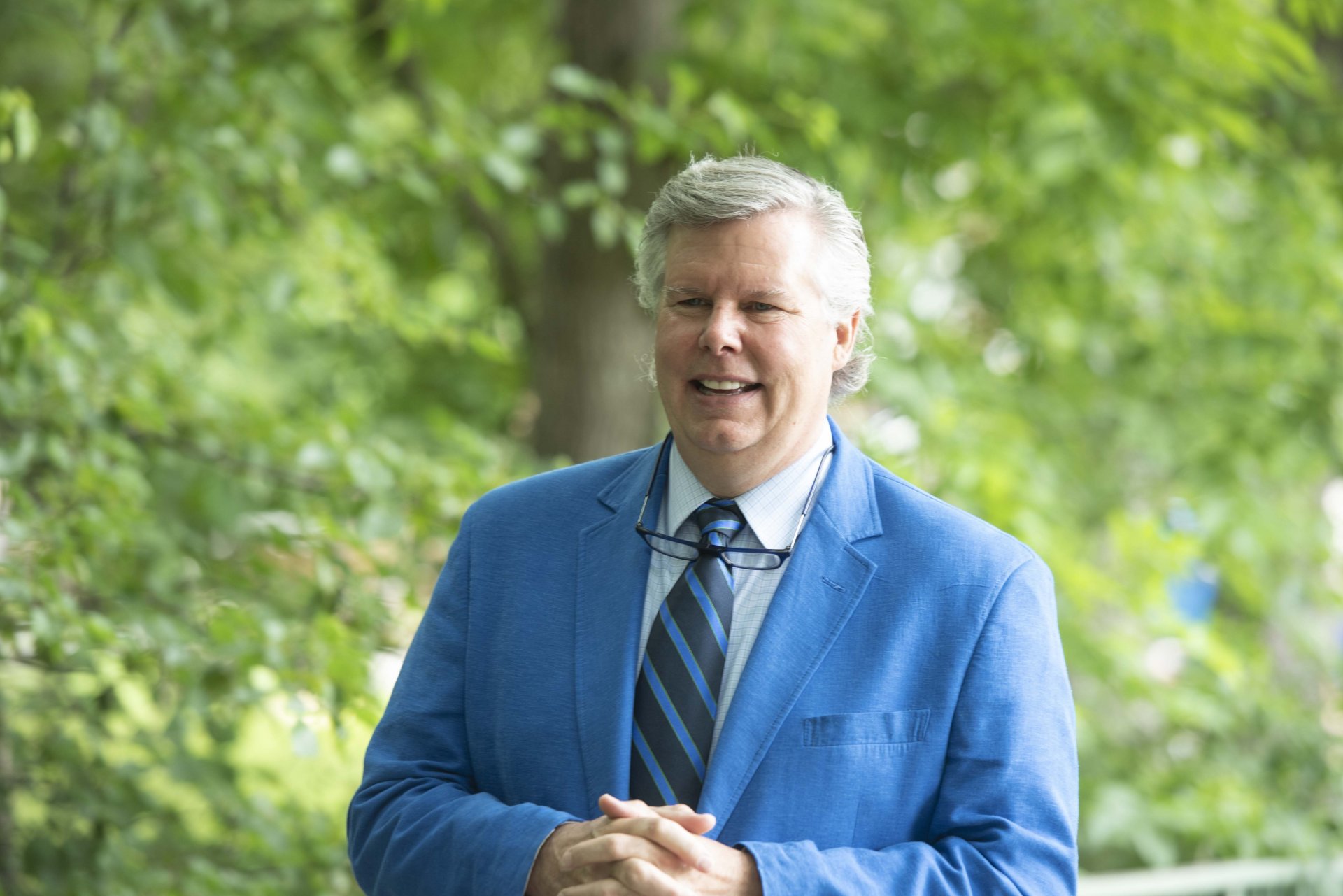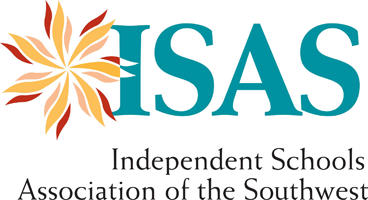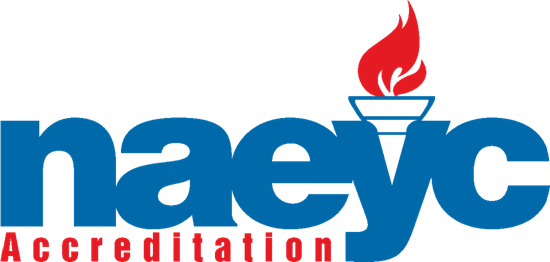
Mission & Philosophy
Mission:
Ignite adventure, inspire inquiry, and build excellence to empower students to change their world.
Commitment:
We are committed to school as a place of research, valuing each individual within a safe, respectful, learner-focused community that bravely grows and evolves together as One Riverfield.
Strategy:
Looking outside of ourselves and into the world, we are dynamic, flexible, and agile as we cultivate a culture of innovation, sustainability, and advocacy.
Approach:
We design robust environments, active learning experiences, and integrated curriculum through inquiry and problem/project based approaches to creatively demonstrate progressions toward mastery through feedback, iteration, and application.
 "It's a great day to be a Raven!"- Jerry Bates, Head of School
"It's a great day to be a Raven!"- Jerry Bates, Head of School
Thank you for learning more about Riverfield Country Day School, a secular, independent private school nestled on 120 acres in Tulsa, Oklahoma. Founded in 1984, Riverfield exists to provide infants through high school seniors a learning environment focused on nurturing each individual's unique cognitive, physical, behavioral, social, and emotional growth and development. Our beliefs begin with a strong image of the student, and that image has been at the forefront of Riverfield since the school was established. Tremendous family involvement, the work of our DEIJ alliances, and the examples set by our faculty and staff as life-long learners are all evidence of “The Riverfield Way."
Our Country Campus is a unique space that cultivates creativity, reflection, and learning with hiking trails, creeks and ponds, and a barnyard with animals.
Learn more about each of the RCDS Divisions
Pre-School
Relationships are at the heart of our thinking and learning. We are a learner-centered community where the intellectual and emotional integrity of children, and their childhood, is honored. Inspired by the Schools of Reggio Emilia, Italy, the Pre-School is a welcoming and nurturing learning community that values children as competent and capable learners deserving of competent and capable educators.
In the Lower School, students in Kindergarten through 5th grade, are valued for who they are and are supported as they navigate their own understanding and learning within themselves, throughout their classes, and learning groups. Their intrinsic motivation—the motivation we all are born with to do something for the satisfaction of the outcome, rather than for the consequences or award—is celebrated and cultivated as they rise up through the grades.
With multi-age classrooms with an intentionally small teacher/student ratio, teachers are the champions of their students, paying attention to what motivates them, what they express interests in, and providing opportunities for students to inquire and explore those interests. Lower School teachers are the catalyst for student learning through collaborative observation, inquiry, reflection, and projection.
Collaboration is essential in Middle School. Multi-age classrooms for 6th and 7th grade creates a place for built-in mentorship and leadership, with all students collaborating on student-led projects, using common language and incorporating the practice of debriefing after each experience. By the time students reach the 8th grade, they have learned how to lead, organize, and serve others through STUCO and House prefects on campus and out in the community. With small class-sizes that utilize the “House System,” students develop social and emotional bonds in a safe, inclusive space as they mature through the challenges of their adolescent years.
Learning is incorporated beyond the classroom, nurturing the growth of individual students as unique and whole human beings. The flexible schedule of the Upper School allows students to meet with teachers outside of class and benefit from having advisors who serve as a liaison between students, teachers, and families – all in support of their individual academic, emotional, and social growth. As students navigate through their Upper School years, their self-confidence builds as they become self-advocates who have opportunities to serve, lead, and problem-solve.
The educational approach of RCDS includes small class sizes with a rigorous, personalized academic program. Utilizing complex environments and advanced technology, RCDS creates an innovative and extraordinary educational experience to produce academic excellence. By cultivating knowledge, skills, mindsets, and dispositions, Upper School graduates are poised for future success and life-long learning.
Accreditation
Riverfield is one of only two schools in Tulsa and five in Oklahoma to be accredited with the Independent Schools Association of the Southwest (ISAS).
In 1985, Riverfield's Pre-School was the first in Tulsa to be accredited by the National Association for the Education of Young Children (NAEYC). The Infants - 5s Division is licensed by the Oklahoma DHS.
Riverfield is a secular, independent school.


The school’s philosophy is to provide a student-centered approach to education with an innovative program of authentic, experiential learning in which individuality is valued and the needs of the whole child are honored. In the Pre-School and Lower School, interdisciplinary curriculum combined with adaptive learning environments encourage each student to grow and develop with teacher support in multi-age classrooms. In the Middle and Upper Schools, interdisciplinary projects foster the same growth.
This philosophy’s primary focus is to make success a habit. As self-confidence is built and a student’s potential is maximized, a positive self-concept is developed. A mastery of fundamental skills serves as a foundation for life-long learning. Beyond mastering facts, students are encouraged to be strong readers, problem-solvers, and independent critical thinkers.
The school’s philosophy and its teachers are not bound by a single theory. The Pre-School and Lower School are Reggio–inspired and the student-centered approach continues as students progress through each Division. Teachers continually use many of today’s best practices in education including, but not limited to, active learning, collaborative activities, and differentiated instruction.


